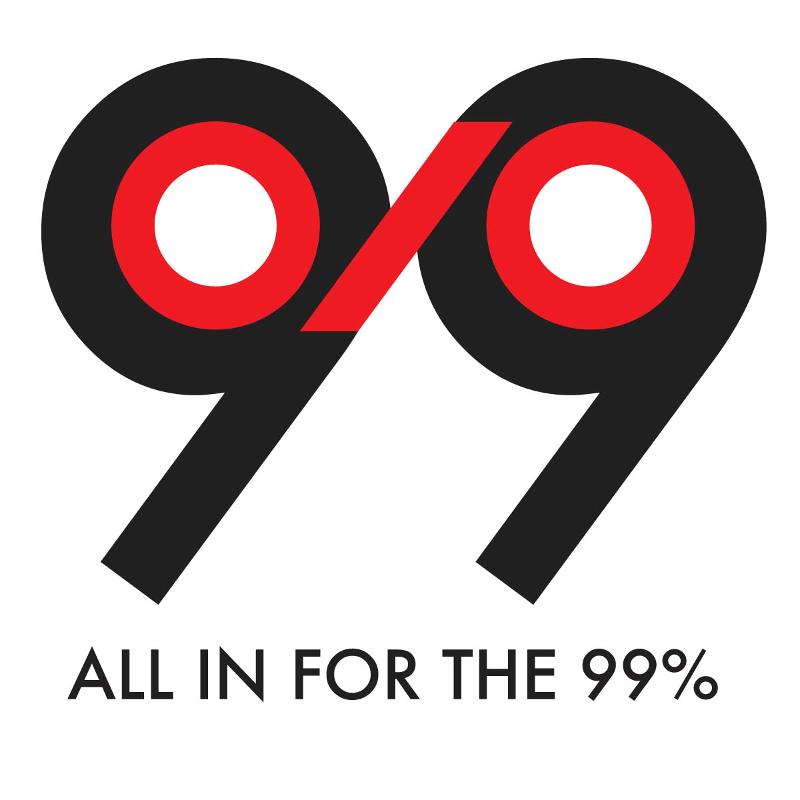 Are publishers thinking clearly about the value of their presence on social media? It would seem not, according to Tony Silber, writing in Folio.
Are publishers thinking clearly about the value of their presence on social media? It would seem not, according to Tony Silber, writing in Folio.
Silber relates a recent conversation he had with a community media publisher who views social media as an ally, not a competitor. According to Silber, the publisher said that using social platforms for distribution was essential, and provided a significant lift for his content.
“I didn’t push the question,” Silber continues, “but I wondered if he’d ever done any real analysis about whether that social ‘lift’ was actually producing revenue. It’s a question too few publishers ask.”
Too many publishers seem to be taking it for granted that the pay-to-play fees are worth it. Meanwhile, the head of Bloomberg Media has said that most media companies are feeding on the scraps of the giant Facebook advertising machine.
New figures are even more alarming.
“A slew of reports in the last several months serve as red flags for media companies that rely on digital advertising. The Facebook and Google duopoly doesn’t just command more than 60 percent of the total digital ad spend in the country, but nearly all of the growth — 99 percent,” Silber notes.
“And now, a new report indicates that just 14 percent of publishers’ ad revenue comes from social media — the majority of it from Google-owned YouTube, not Facebook,” Silber continues. “That’s a shockingly small percentage, especially considering that social media is often the main driver of referrals, averaging as much as a third of any media company’s total traffic.”
Meanwhile, Facebook is working hard to capture more of the video dollars, recently announcing they are testing of mid-roll video ads. Ross Benes in Digiday thinks it’s unlikely this will work well for publishers.
“People tend to quickly scroll through their news feed, and most video on Facebook is of low quality, so the platform will have to train users that longer videos in the feed are worth their time,” Benes notes.
“Even with shorter videos on Facebook, it can be an uphill climb to get users to engage for more than a few seconds. GroupM did a study of that found that fewer than 10 percent of Facebook video viewers made it past the 10-second mark. For videos under 15 seconds long, fewer than 5 percent made it past 10 seconds,” he continues.
The winners in this situation would again be the platform and not the publishers. Can publishers figure this out before they drain their ad budgets with little results? For the majority of mid-sized publishers, money spent on FB and Google is just not showing the kind of return to justify continuing.

February 15, 2017, 7:56 am
March 20, 2017, 7:04 pm
March 21, 2017, 12:03 pm
November 14, 2019, 9:14 am
December 5, 2019, 10:18 am
January 13, 2020, 12:33 am
January 13, 2020, 4:23 am
January 28, 2020, 12:29 pm